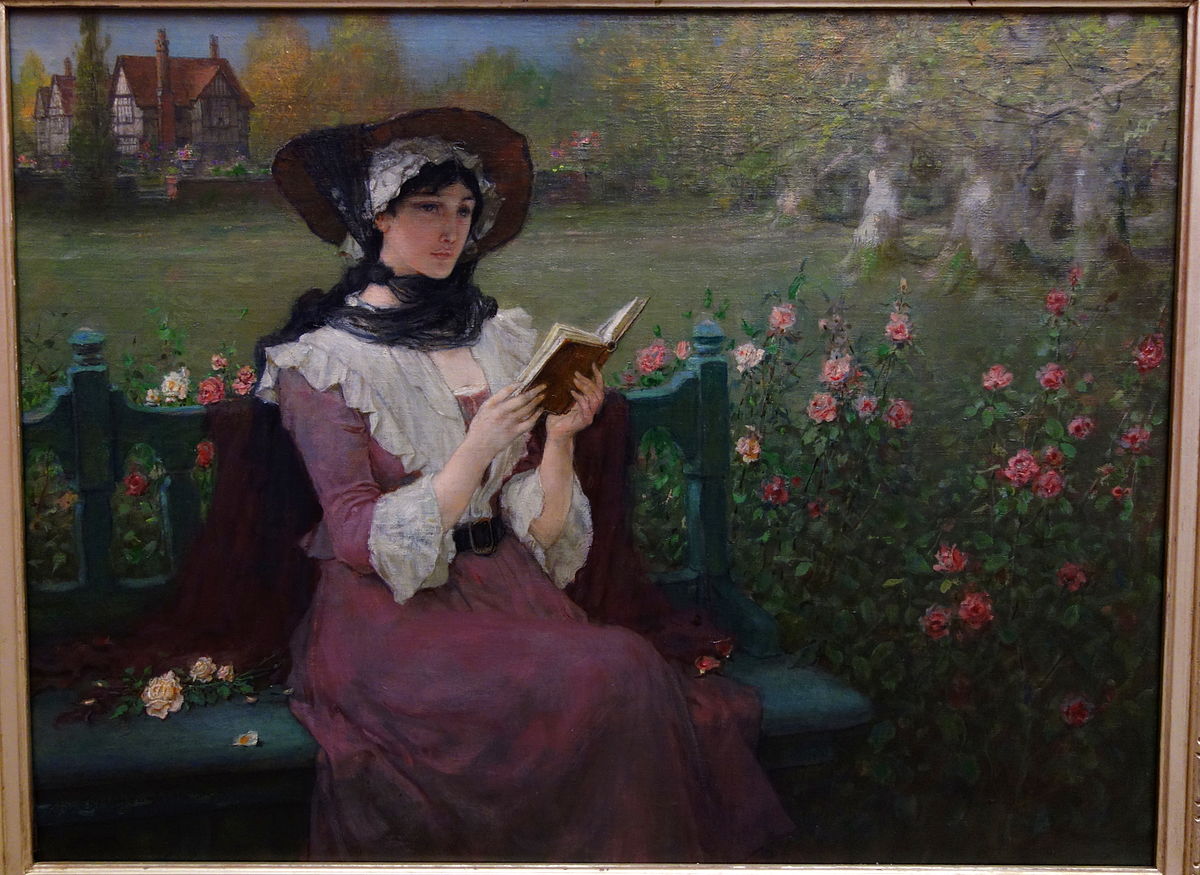The ancient vision of the Kabbalah sees creation as the descent of Light through four worlds: Atziluth, the realm of pure emanation; Briah, the realm of creation; Yetzirah, the realm of formation; and Assiah, the world of action. When the lips of a human being shape Sacred words, that descent is enacted. The voice carries what is hidden into the visible, the subtle into the tangible. Sound becomes vessel, and the body itself is consecrated as instrument. The mystery of human speech is bound to the mystery of the Divine Word, given that, since God spoke the worlds into being, then the human voice is reflection and likeness of that power. The Fathers of the Church, reading the opening of the Gospel of John, called Christ the Logos through whom all things were made. The act of vocal prayer is participation in that same Logos, a weaving of breath and sound into a fabric of Light that stretches from the highest to the lowest.
I. The Descent of the Word
The sages of Israel taught that nothing is neutral in speech. Letters are vessels of fire and sound is the garment of Spirit. To pronounce a Holy Name is to open a path between realms; to repeat a verse of the Psalms is to allow the Light of Briah to shine through Yetzirah into Assiah. Without the voice of humanity the cosmos would remain mute; with the voice of humanity the Angels themselves find a companion in song. For this reason the mystics insisted on vocal utterance, since the vibration itself bears weight in heaven and earth. It is vibration that reshapes the subtle fabric of the soul and the world alike.
The Christian mystics also saw the Incarnation as the descent of the Word into flesh, and the act of prayer as the echo of that same mystery in each believer. When Christ taught the Our Father, He gave words that could be spoken by the mouth of the body, words that call the Kingdom into earth as in heaven. Sound becomes sacrament; voice becomes liturgy; the heart and lips conjoined become altar. Therefore the descent of the Word is an immediate act: to pray aloud is to extend the Incarnation through time, letting the Divine Word be born in countless voices.
II. The Power of the Name
Names contain vibration, resonance, a pattern that calls and binds. The Sacred Tetragrammaton is never uttered as it is written, for its letters are too charged with force. But other Names are given to be spoken, as in their sound lies invocation. Each syllable carries sparks that ignite ascent and descent. When the devout Jew pronounces the Shema, the vibration of Echad, One, seals unity in the heart and on the lips. This is action that unites heaven and earth.
Christian mysticism preserved this same knowledge. The repetition of the Name of Jesus in the hesychast tradition is not mantra in the empty sense, but rather an invocation in full sense. The sound of the Name and its repetition engrave Light in the heart. The Marian hymns of the West echo the same secret; to sing Ave Maria is to let the Name of Mary be embodied in vibration that heals, protects, and draws grace into the world. Names are ladders; they are also seals; and to speak them is to take part in the Divine apparatus where vibration is prayer and sound is offering.
III. The Voice as Cosmic Prayer
To speak aloud is to pray beyond the private soul. Ancient mystics taught that the human being was created to give voice on behalf of all creatures. Stones cannot pray with intention, rivers cannot speak with reason, trees cannot form words; but the human mouth can lift them all. When one prays aloud, the breath of humanity intercedes for the whole earth. The Kabbalists called this tikkun, the repair of the world, since through vocal prayer the sparks scattered in matter are recollected and raised. The act is more than mere devotion alone, turning into cosmic service.
The Christian mystics also instructed that the earth longs for redemption and that the voice of humanity hastens that mystery. To pray aloud is to gather creation into words and offer it back to the Father through the Son, in the Spirit. When prayer is spoken the silence of creation is broken and given form, like the fiat of Genesis when God said Let there be Light.
In this sense, the voice of the one who prays becomes the continuation of that first Word, sustaining the world in Grace.
Fiat Lux.
